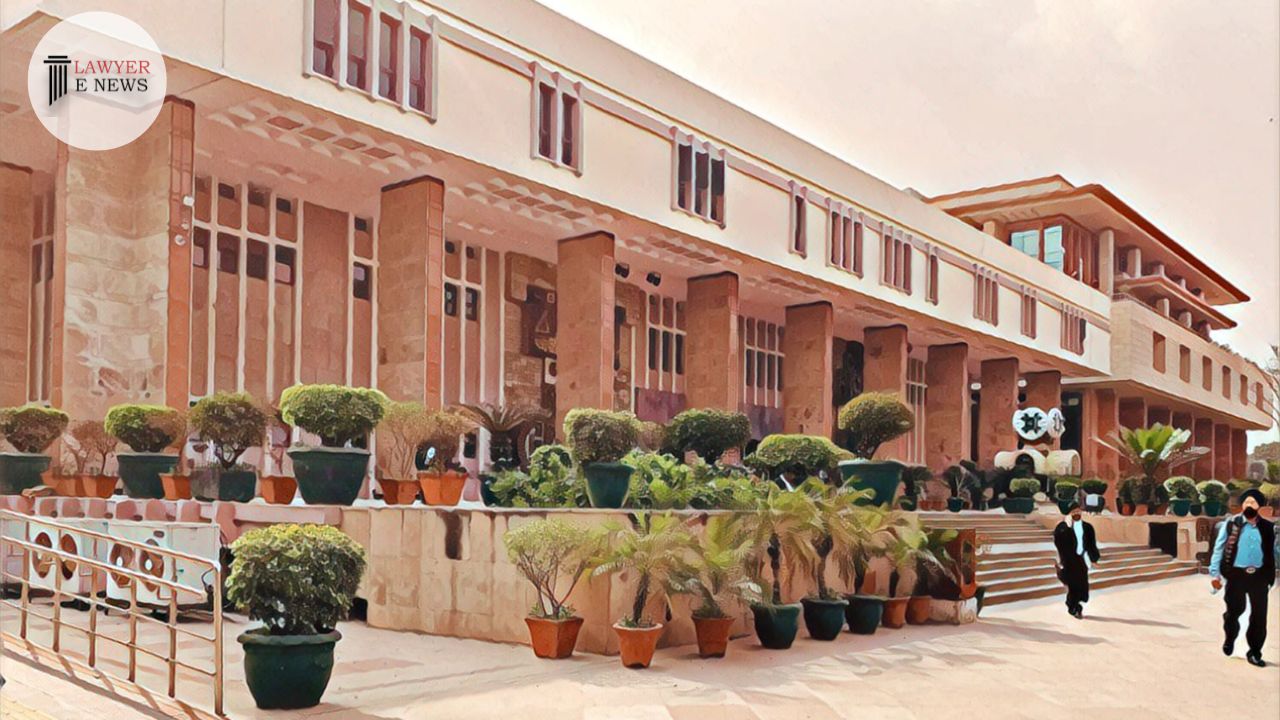-
by Admin
17 February 2026 4:27 AM



In a significant ruling, the Delhi High Court today upheld the constitutionality of Section 5(v) of the Hindu Marriage Act, 1955 (HMA), which prohibits marriages between sapindas, unless sanctioned by custom. The judgment was passed in the case of W.P.(C) 910/2024, where the petitioner, Neetu Grover, challenged the section citing its violation of Article 14 of the Constitution.
The bench, comprising the Acting Chief Justice and Justice Manmeet Pritam Singh Arora, observed, “The Petitioner seeks to challenge Section 5(v) of the HMA Act on the ground that though her marriage with her distant cousin Mr. Gagan Grover was consensual, he has abdicated his responsibilities towards the Petitioner and her son by taking recourse to the impugned Section.” The Court noted the presumption in favor of the constitutionality of statutes enacted by the Parliament and emphasized that a statute can be declared unconstitutional only under specific established grounds.
In dismissing the petition, the Court remarked, “We are of the considered opinion that, no tenable grounds in law for challenging the said impugned provision have been placed before this Court during arguments or pleaded in the petition.”
The petitioner had argued that the impugned Section was violative of Article 14 as it denied her the right to be in a valid marriage with Mr. Gagan Grover, her distant cousin, due to the lack of proof of custom in her community. However, the Court found that the Petitioner’s marriage fell within the prohibited category of sapindas as recognized under the HMA and was not saved by any exception of custom or usage.
Further, the Court held, “This Court is unable to accept the contention of the Petitioner that the impugned section is violative of Article 14 of the Constitution of India as the exception in the impugned Section is only for marriages between persons on the basis of custom having force of law, which requires stringent proof and its existence is to be adjudicated upon by Court of law.”
Date of Decision: 22nd January, 2024
NEETU GROVER VS UNION OF INDIA & ORS.
